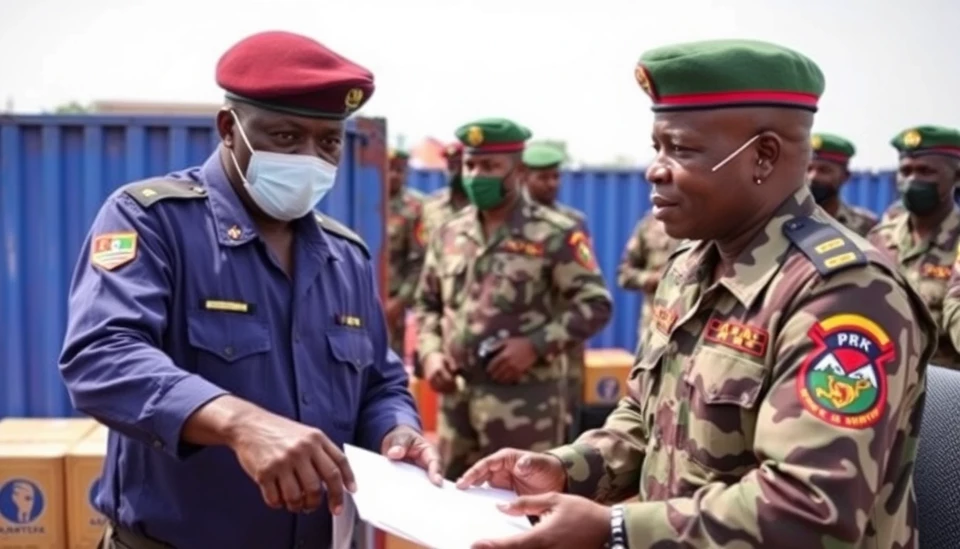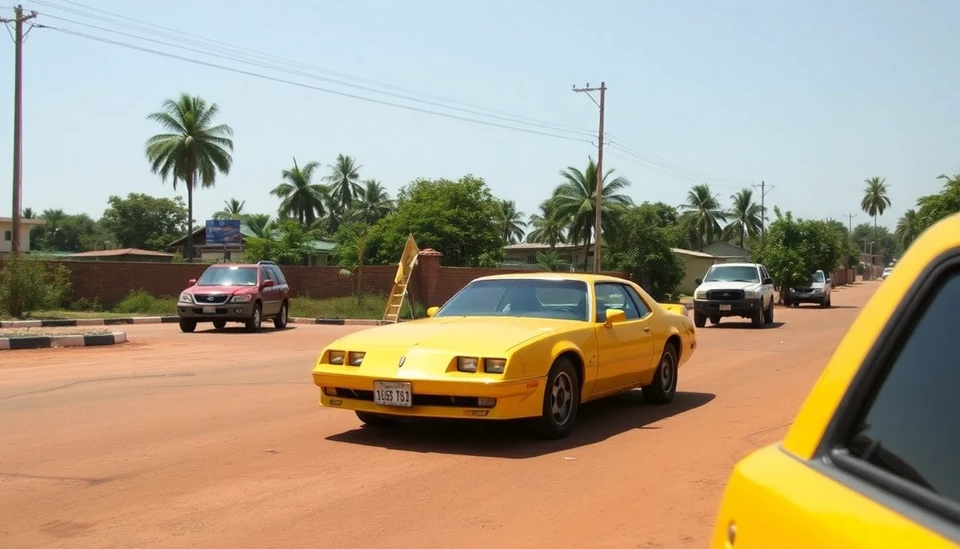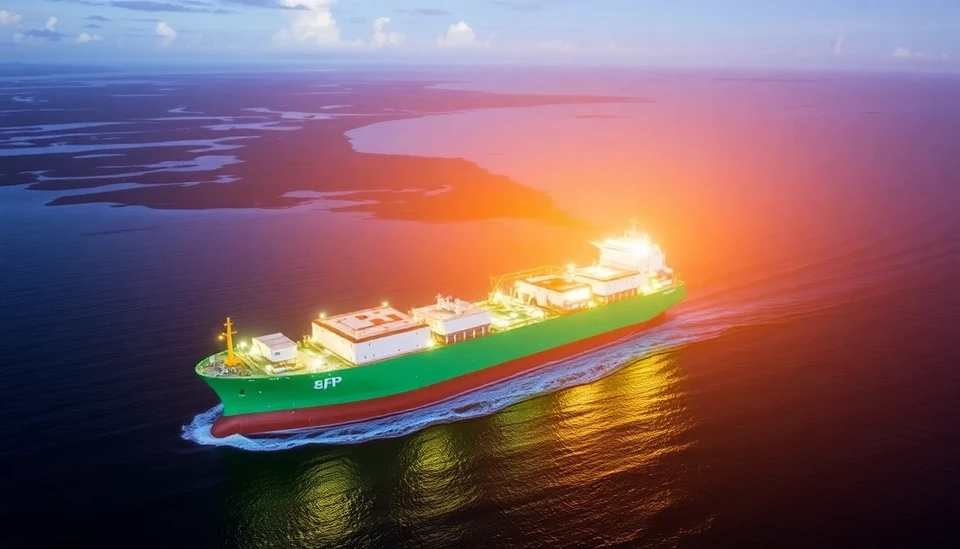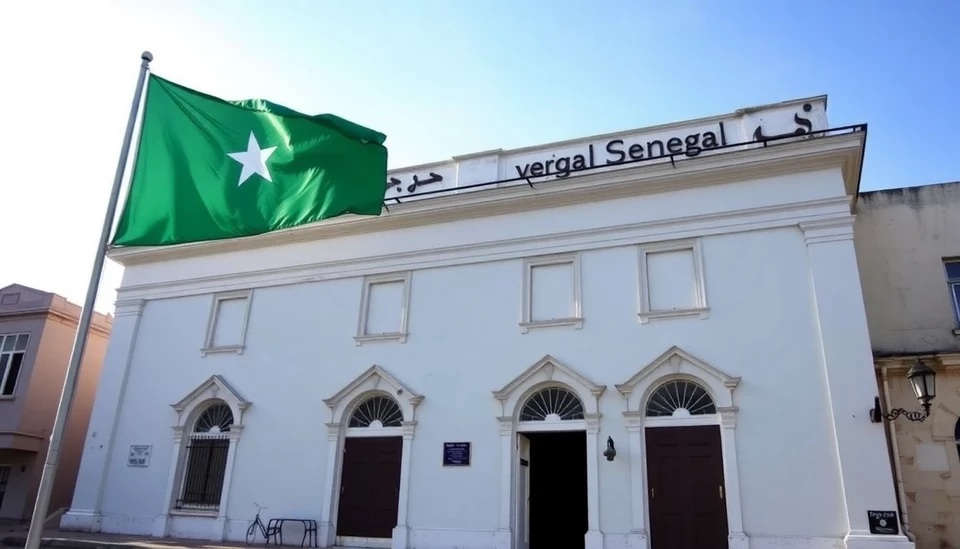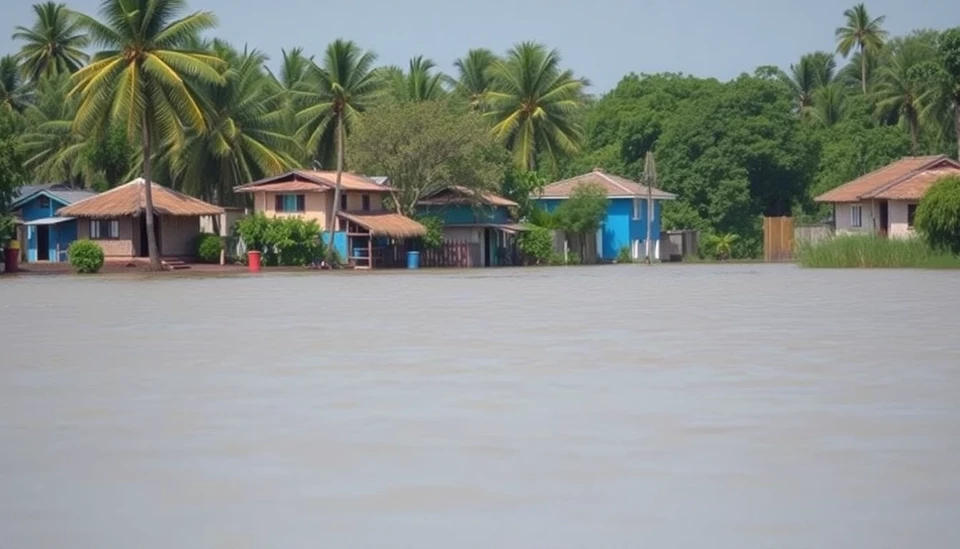
The West African coastline is bracing for significant flooding risks as the season of heavy rainfall approaches, raising alarms among environmentalists and local communities. This region, caught in the throes of climate change, is witnessing severe erosion and inadequate infrastructure to combat the impending natural disasters. Experts are sounding the alarm over the dire consequences that such flooding can have on local populations and economies.
The imminent threat comes as a result of several factors, including prolonged rainfall patterns and rising sea levels, both attributed to climate change. With predictions indicating that the floods could be more intense and frequent, communities along the coast are gearing up for what could be a devastating season.
Local governments are under pressure to swiftly implement protective measures amid criticisms of insufficient preparedness. Many coastal towns lack the necessary defenses like seawalls and drainage systems that could help mitigate flood damage. The absence of these fundamental protections raises the stakes, as populations, already vulnerable due to poverty, could face even greater hardships should disaster strike.
Furthermore, there is an urgent call for enhanced disaster response strategies. Activists and specialists advocate for not just reactive measures but proactive planning that includes investment in resilient infrastructure. The need for stronger policies surrounding urban planning and environmental conservation has become critical as communities push for effective solutions.
Coastal flooding can lead to disastrous consequences, including property destruction, loss of livelihoods, and increased health risks due to contaminated water sources. Experts emphasize that social inequalities further exacerbate these vulnerabilities, as poorer communities have fewer resources to recover from flood-related calamities.
The situation is complicated by the fact that many governments are grappling with political instability and economic challenges, which hinder their capacity to act swiftly. International aid and support could be crucial in providing both immediate relief and long-term strategies for adaptation to the adverse effects of climate change.
In conclusion, the West African coast stands at a critical junction, needing urgent action to fend off potential flooding disasters that threaten to further destabilize already vulnerable regions. As communities brace themselves, the call for unity and resilience becomes louder, emphasizing the need for international cooperation and robust local strategies.
As the situation develops, it will be essential to monitor the response from both local authorities and international partners. The fate of millions hangs in the balance as forecasts suggest that this rainy season could be one of the most challenging yet.
#WestAfrica #FloodRisk #ClimateChange #CoastalErosion #DisasterPreparedness #HumanitarianAid #EnvironmentalImpact
Author: Megan Clarke
